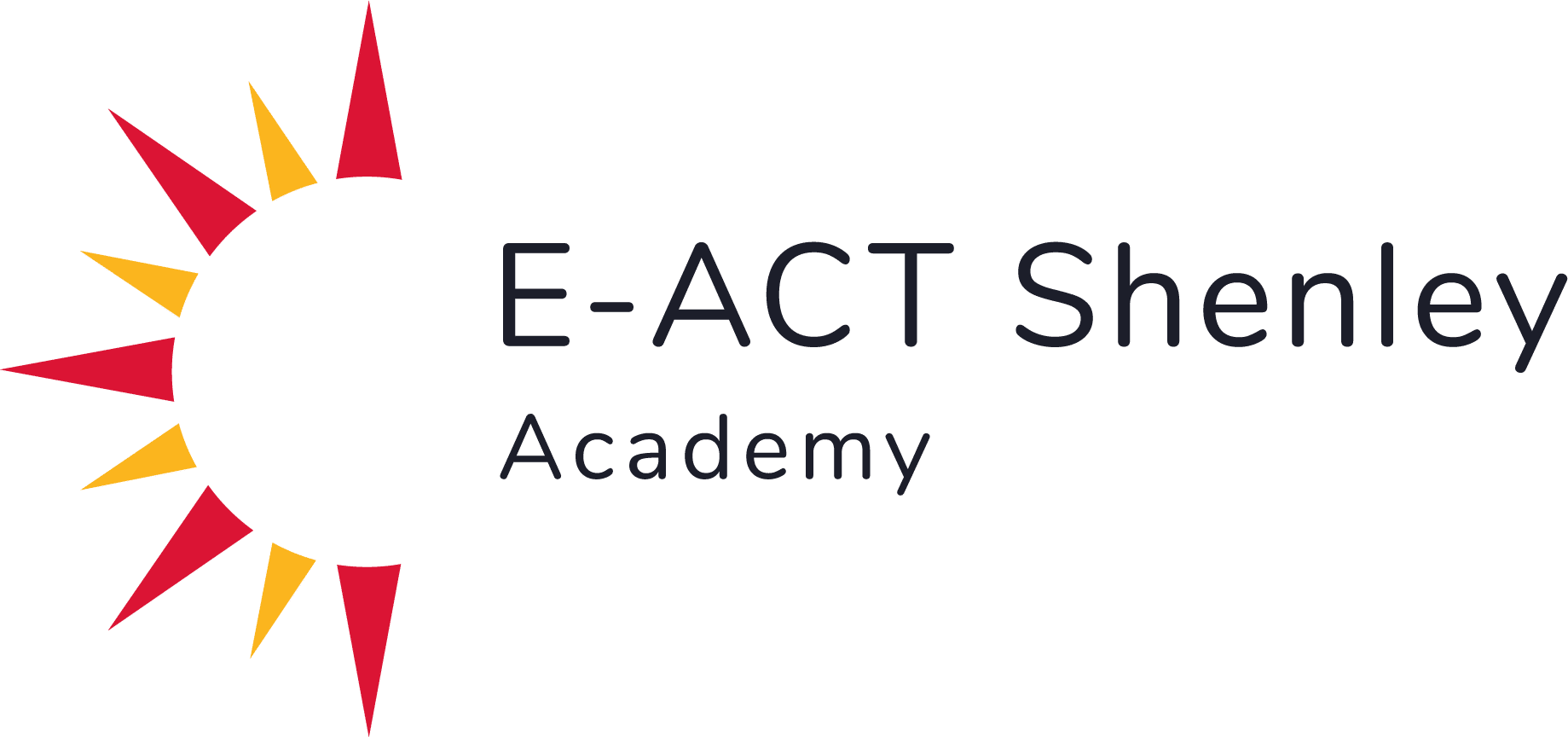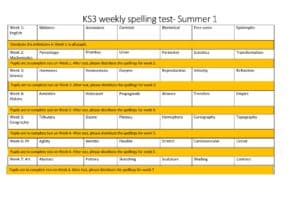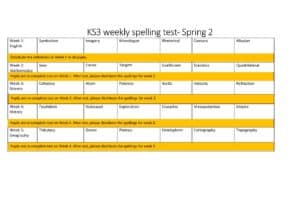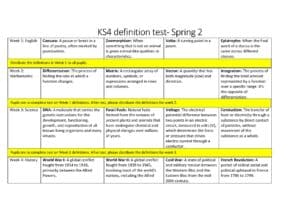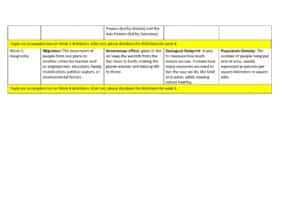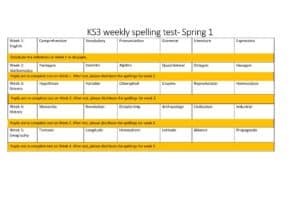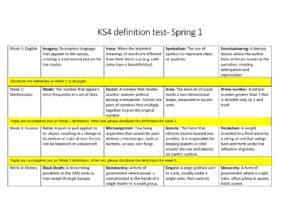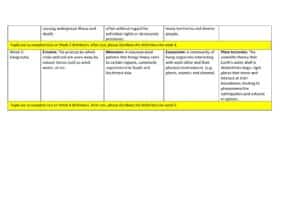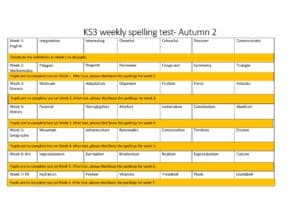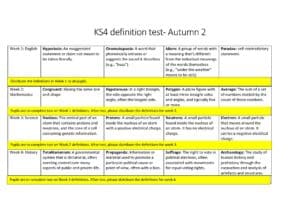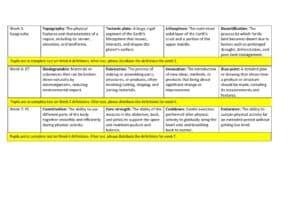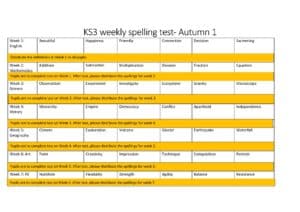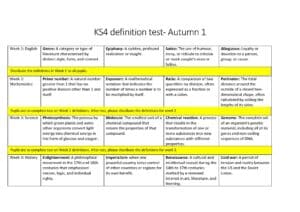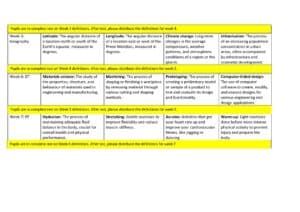Importance of Reading at Shenley Academy
Reading is an essential skill that serves as a foundation for academic success and personal growth. In secondary school, children face more complex texts and subject matter, making strong reading abilities even more critical.
The Importance of Reading and Fluency
-
Academic Achievement:
Proficient reading skills are directly linked to improved academic performance across all subjects. The ability to comprehend complex texts enables students to grasp concepts, analyse information, and express themselves effectively in written assignments.
-
Vocabulary Expansion:
Reading exposes students to a wide range of vocabulary, enhancing their understanding and communication skills. A broader vocabulary empowers students to express their thoughts with precision and fluency, both in writing and in verbal discussions.
-
Critical Thinking Skills:
Reading encourages critical thinking and analytical abilities. By engaging with diverse perspectives and encountering different genres, students develop their capacity to evaluate information, think critically, and form well-reasoned opinions.
-
Empathy and Emotional Intelligence:
Through reading, students are exposed to diverse characters and experiences, fostering empathy and emotional intelligence. This exposure helps them better understand others, develop interpersonal skills, and navigate social complexities more effectively.
Reading plays a fundamental role in a child’s education and development, fostering imagination, critical thinking, and language proficiency. Some facts and statistics to underscore the significance of this endeavour:
-
Improved Academic Performance:
Studies have shown that children who read regularly perform better in school across various subjects. Reading enhances vocabulary, comprehension, and general knowledge, providing a strong foundation for academic success
-
Vocabulary Expansion:
Reading exposes children to a wide range of words, enabling them to expand their vocabulary. A robust vocabulary facilitates effective communication and helps children express themselves with confidence.
-
Cognitive Development:
Reading stimulates cognitive abilities, such as memory, concentration, and problem-solving skills. It enhances mental agility and fosters analytical thinking, enabling children to approach challenges with creativity and resilience.
-
Empathy and Emotional Intelligence:
Reading fiction nurtures empathy and emotional intelligence in children by allowing them to step into different characters’ shoes and experience diverse perspectives. It encourages empathy, understanding, and respect for others.
To support your child’s reading journey at home, here are some hints and tips:
-
Make Reading a Routine:
Set aside a specific time for reading each day, creating a consistent and enjoyable reading routine. This can be before bedtime or during a quiet period when everyone can relax and immerse themselves in a good book.
-
Provide a Reading-Friendly Environment:
Create a cosy reading corner with comfortable seating, good lighting, and a variety of age-appropriate books. Encourage your child to explore different genres and discover their interests.
-
Engage in Shared Reading:
Take turns reading aloud with your child. This not only strengthens their reading skills but also provides an opportunity for discussion and bonding. Ask questions about the story, characters, and their opinions to enhance comprehension.
-
Explore Phonics:
Phonics is a crucial aspect of reading development. Help your child understand phonemes (individual sounds) and graphemes (the corresponding written symbols). Practice blending sounds together and segmenting words into individual sounds (please see the following table). Encourage them to decode unfamiliar words independently.
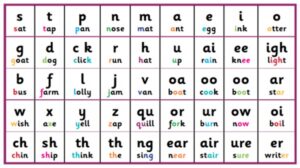
-
Visit Libraries and Bookstores:
Regular visits to libraries and bookstores expose children to a vast array of books, fostering a love for reading. Encourage them to choose books that captivate their interest and challenge their reading abilities. The libraries most local to Shenley Academy are:
Weoley Castle Library – 76 Beckbury Rd, Birmingham B29 5HR
Selly Oak Library – 669 Bristol Rd, Selly Oak, Birmingham B29 6AE
Bartley Green Library – Adams Hill, Bartley Green, Birmingham B32 3QG
The Orchard Learning Resource Centre – 986 Bristol Rd, Birmingham B29 6LB
Northfield Library – 77 Church Rd, Birmingham B31 2LB
Druid’s Heath Library – 1 Idmiston Croft, Birmingham B14 5NJ
-
Embrace Technology:
Leverage digital resources, such as e-books and educational apps, to make reading more interactive and engaging. Many online platforms offer audiobooks and interactive reading experiences that can captivate secondary school children.
-
Engage in Discussions:
Encourage your child to discuss what they are reading, including their thoughts, opinions, and questions. These discussions promote deeper understanding, critical thinking, and active engagement with the text.
Reading and fluency play a vital role in the academic and personal development of secondary school children in the UK. By recognising the significance of reading and implementing the tips and recommendations provided, parents and carers can support their children in becoming confident, enthusiastic readers. Nurturing a love for reading empowers children with valuable skills and knowledge, paving the way for a brighter future.
By actively participating in your child’s reading journey, you can provide invaluable support and guidance. Together, we can empower them with the skills and passion for reading that will serve them throughout their lives.
How are we supporting reading in school?
All of our curriculum documents overtly explore how reading and fluency is taught across the academy in all subjects; our KS3 students have a dedicated library slot which focuses on reading for pleasure and incorporates Bedrock Learning, our digital literacy platform. Each week we have ‘Root of the Week’ where students explore the meanings of word roots and explore how they have cross curricular links.
We conduct termly reading tests and use this data to put in place appropriate interventions for those identified as being in need of additional support, some of these interventions include phonics lessons with our qualified primary school teacher, Mr Dar.
We continually promote reading through external visits from such authors as Matt Dickenson ‘The Death Zone’ and Matt Windle ‘Poetry with Punch’, who run workshops with our students, focussed on reading and oracy; we also have multiple competitions linked to reading events like the National Poetry Day.
As part of our form time programme we have ‘Book Buzz’ which is where all students complete 30 minutes of reading with a class teacher, who models how to read fluently and confidently; teachers pause and question students to check their understanding and develop their knowledge further. Where ‘tricky’ words appear, teachers discuss word meanings and conduct choral reading as a group so teachers can check pronunciation.
A separate form time session consistent of our weekly spellings and definition tests; see below for more detail:
Communication sent out to Parents:
- KS3 weekly spelling test information – 13th October 2023
- English writing competition letter – 19th October 2023
- Helping your child to read at home
- Reading and Numeracy
